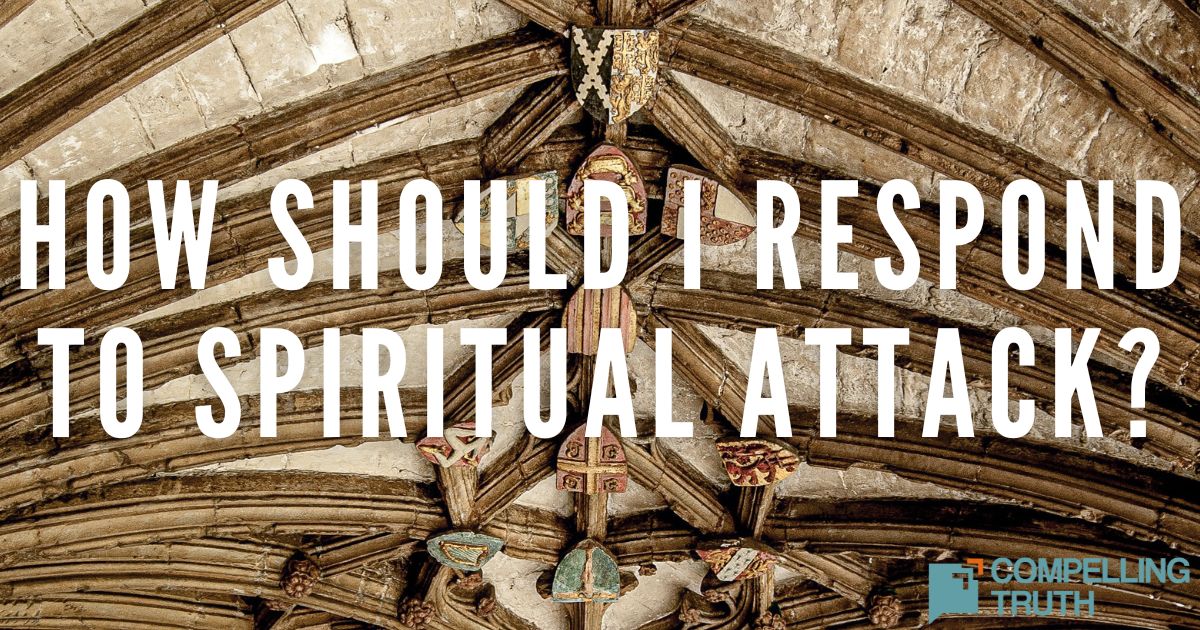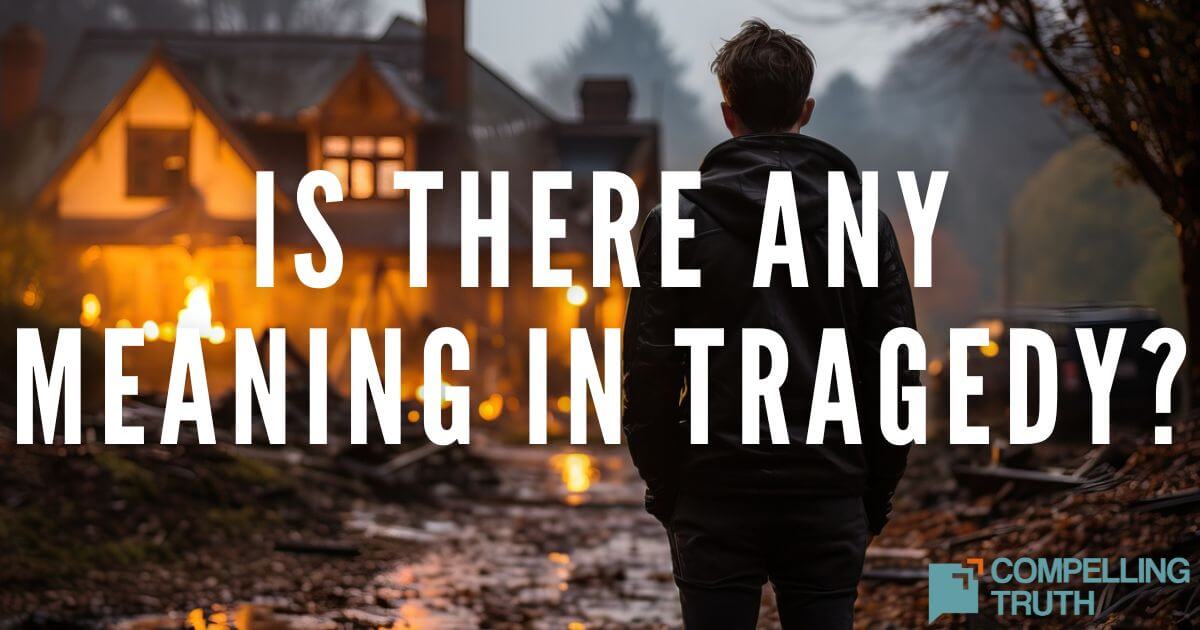God promises spiritual protection to believers, focusing on the safety of their souls, rather than guaranteed physical protection. God does protect His people physically, but this is not guaranteed. Instead, the emphasis is on God’s spiritual protection. Jesus and the apostles taught that believers would face earthly tribulations, but their ultimate safety lies in eternal life with God. While God may intervene physically at times, Christians are not guaranteed a pain-free life, but we know that whatever God allows to befall us, He works all things for our ultimate good (Romans 8:28).
Everyone wants to feel safe. As children of God, we look to Him for safety. We may ask God for physical protection; even the act of asking honors God and reveals our trust in Him. Even so, we can’t expect Him to supernaturally bubble wrap us all the time. We aren’t promised that. In fact, our struggles often strengthen our character and our faith (Romans 5:3–5; James 1:2–4). Besides, physical harm isn’t the most dangerous threat we face; spiritual threats are more consequential (James 4:7; 1 Peter 5:8–9). Thankfully, our Lord has given us the means to maintain our spiritual health (Matthew 5:29–30; Ephesians 6:10–18). Because of this, we, like the apostle Paul, can be “content in any and every situation,” secure under all circumstances (Philippians 4:12 [NIV]). We know that the Lord works all things for our good (Romans 8:28).




